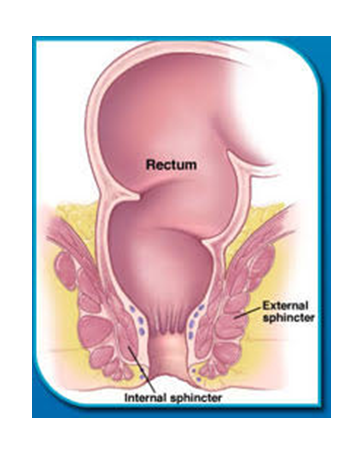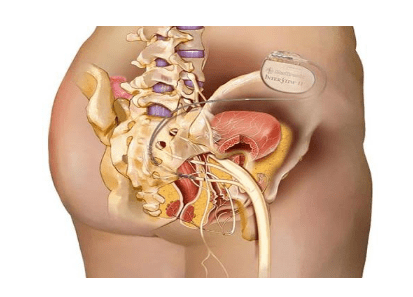6116 East Arbor Avenue, Building 2, Suite 108, Mesa, AZ 85206
Menu
Menu
- HOME
- SERVICES FOR MEN
- SERVICES FOR WOMEN
- GENERAL UROLOGY SERVICES
- PATIENT SERVICES
- CITIES WE SERVE
- BLOGS
- CONTACT US
Menu
- HOME
- SERVICES FOR MEN
- SERVICES FOR WOMEN
- GENERAL UROLOGY SERVICES
- PATIENT SERVICES
- CITIES WE SERVE
- BLOGS
- CONTACT US


